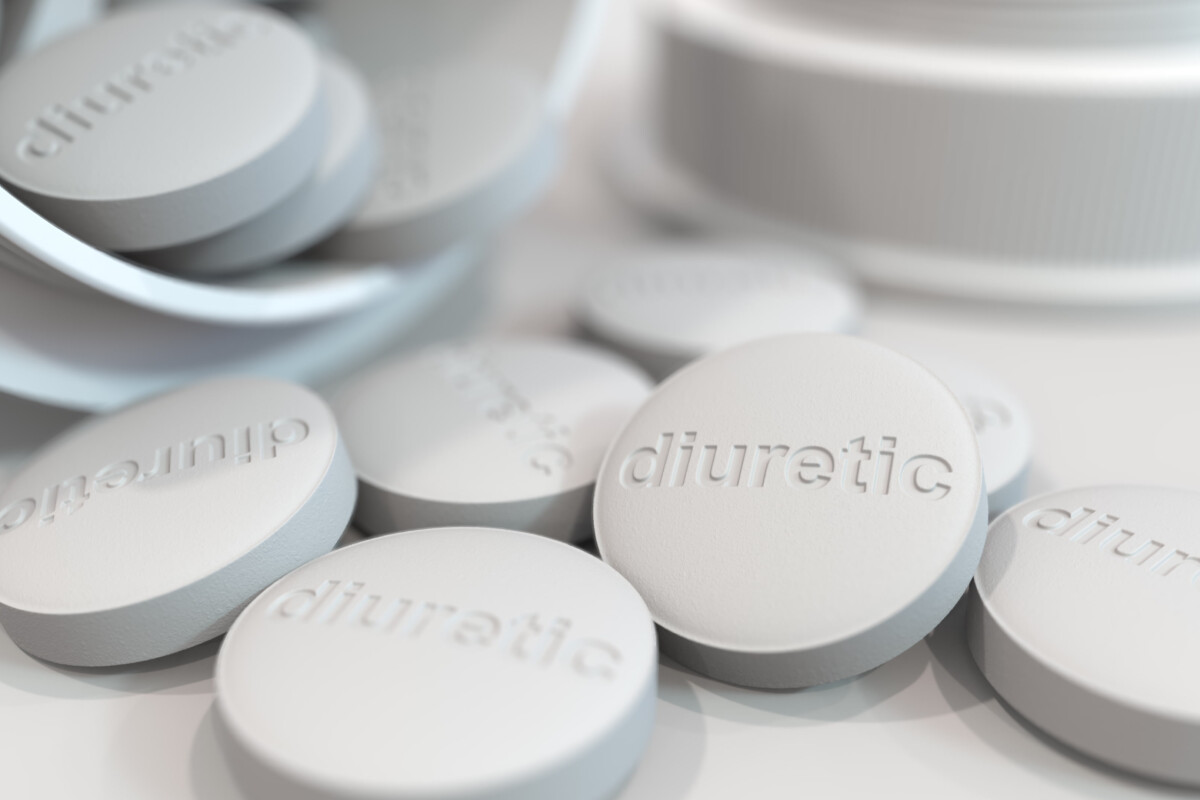“Water Pills” Can Have Serious Side Effects

“Water pills”, or diuretics, are often used to treat high blood pressure. While they are very effective in lowering blood pressure, however, they can also have serious side effects. These side effects are directly linked to how diuretics work.
As anyone who has taken them knows, diuretics increase the amount of water that the body excretes. By lowering the amount of fluid in the body, diuretics lower blood pressure. However, as fluid output increases, the kidney’s ability to regulate the balance of electrolytes, including sodium and potassium, can also be affected. If the level of sodium or potassium in the body gets too low, or too high, it can cause serious side effects. Sodium, Potassium and Health (cdc.gov)
Some of the symptoms of a potassium imbalance include:
-
- Bloating and constipation
- Nausea and Vomiting
- Weakness and Fatigue
- Muscle cramps
- Muscle aches and stiffness
- Tingling and Numbness
- Heart palpitations
- Chest pain
- Irregular Heartbeat
- Difficulty Breathing
- Collapse
Symptoms of a sodium imbalance include:
-
- Excessive thirst
- Lethargy
- Nausea and vomiting
- Headache
- Confusion
- Drowsiness and fatigue
- Muscle weakness and cramps
- Seizures
- Coma
When taking a diuretic, it’s important to take your medication as directed. It’s also important to be aware of the potential side effects.
Sometimes symptoms of a sodium or potassium imbalance can appear slowly, over time. Sometimes they appear suddenly and can be severe, or life-threatening. When this occurs, it’s important to seek emergency treatment immediately.
